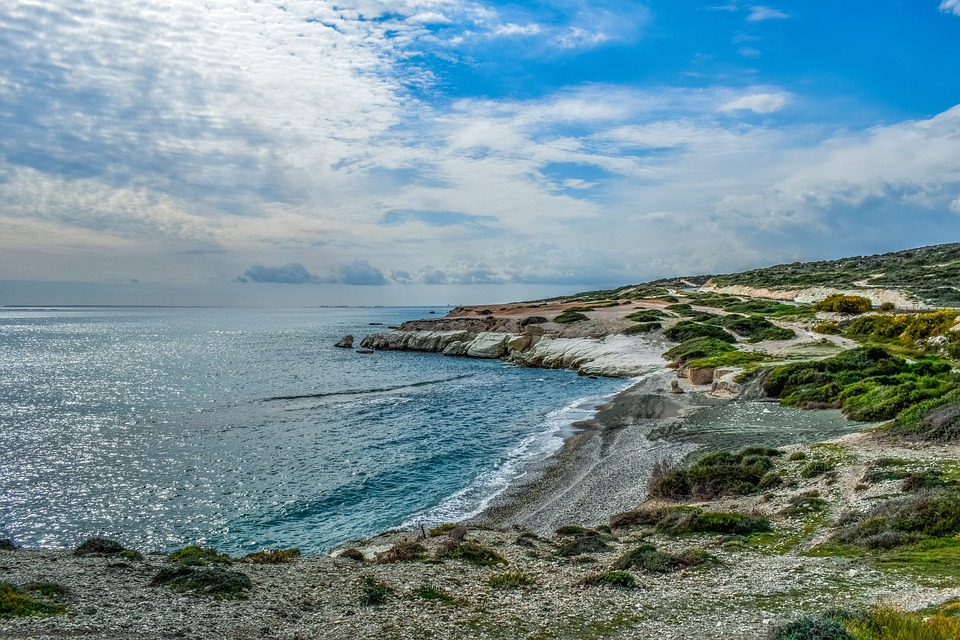The Role of a Governor: Responsibilities and Powers Explained
Introduction
The position of a governor is a critical role in any government system, responsible for overseeing the administration of a state or province. Governors have a wide range of responsibilities and powers that are essential to maintaining order and ensuring the smooth functioning of the government. In this article, we will explore the key duties and powers of a governor and how they contribute to the overall governance of a region.
Responsibilities of a Governor
The primary responsibility of a governor is to serve as the chief executive officer of the state or province. This means that the governor is responsible for implementing and enforcing the laws of the land, as well as overseeing the day-to-day operations of the government. Governors are also responsible for appointing key government officials, such as cabinet members, judges, and other high-ranking officials.
In addition to these executive duties, governors also have a legislative role. They are often involved in the creation and passage of laws, either by proposing legislation themselves or by signing bills into law that have been passed by the state legislature. Governors are also responsible for delivering the annual State of the State address, where they outline their priorities for the coming year and report on the state of affairs in the region.
Another important responsibility of a governor is to serve as the commander-in-chief of the state’s National Guard. In times of emergency or disaster, governors have the authority to deploy the National Guard to provide assistance and maintain order. This role is crucial in ensuring the safety and security of the state’s residents during times of crisis.
Powers of a Governor
Governors have a wide range of powers that allow them to effectively carry out their responsibilities. One of the most important powers of a governor is the power of appointment. Governors have the authority to appoint individuals to key government positions, such as cabinet members, judges, and agency heads. This power allows governors to shape the direction of the government and ensure that their policies are implemented effectively.
In addition to their appointment powers, governors also have the power to veto legislation passed by the state legislature. This power gives governors the ability to influence the legislative process and prevent laws that they disagree with from being enacted. Governors also have the power to issue executive orders, which allow them to implement policies and directives without the need for legislative approval.
Another important power of a governor is the power of clemency. Governors have the authority to grant pardons, reprieves, and commutations to individuals who have been convicted of crimes. This power allows governors to show mercy and compassion to those who have been wrongly convicted or who have shown genuine remorse for their actions. Governors also have the power to grant reprieves in cases where an individual’s sentence is deemed excessive or unjust.
Conclusion
In conclusion, the role of a governor is a crucial one in the governance of a state or province. Governors have a wide range of responsibilities and powers that allow them to effectively oversee the administration of the government and ensure the safety and security of the region’s residents. From appointing key government officials to vetoing legislation and deploying the National Guard, governors play a key role in shaping the direction of the government and implementing policies that benefit the people they serve. By understanding the responsibilities and powers of a governor, we can gain a greater appreciation for the importance of this role in our system of government.
